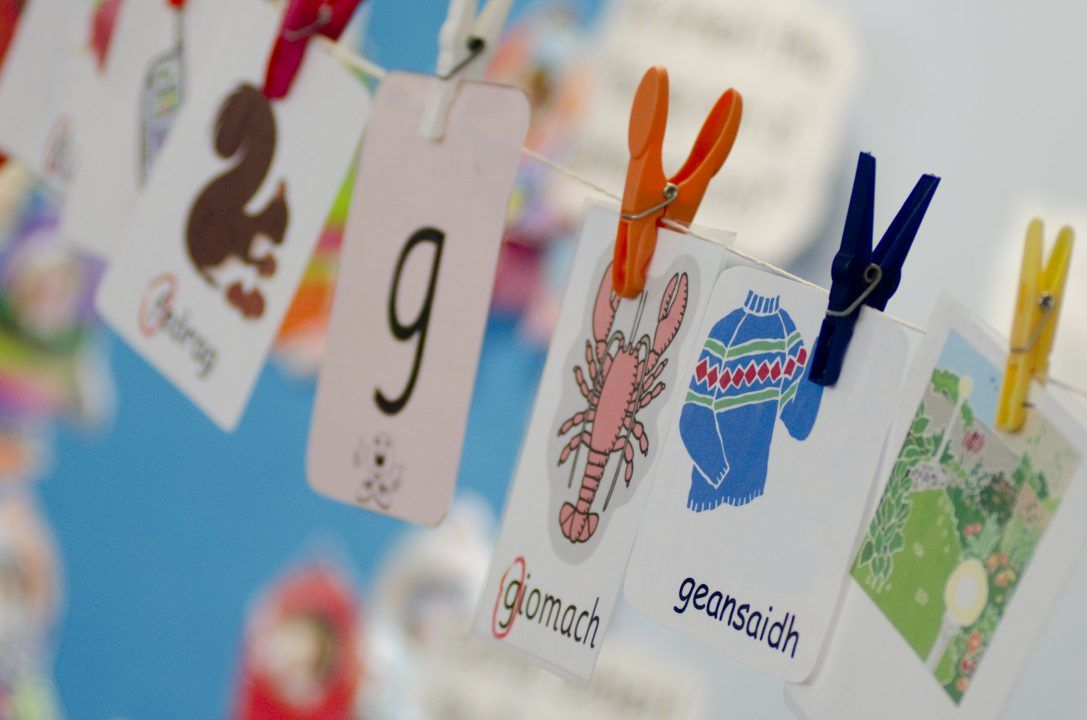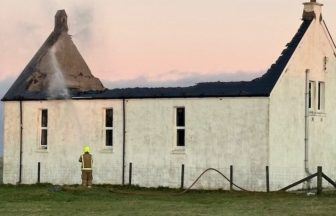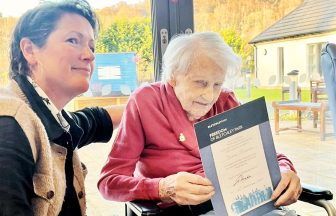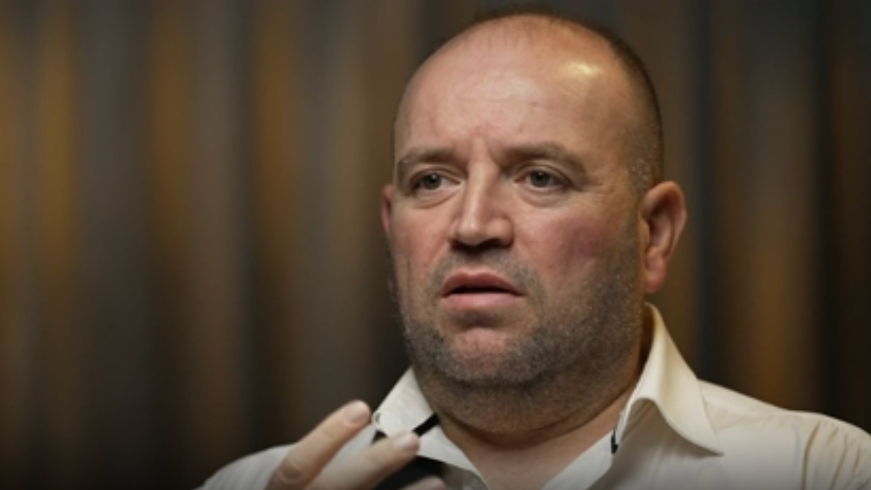Shetland Islands Council is to accept grants worth around £350,000 in total to bolster childcare provision in the North Isles and the Westside.
Both areas do not have school-aged childcare, which is said to have a negative impact particularly on low-income families, with many people relying on family and friends.
The project could see extra staff recruited by the council to deliver school-aged childcare in the North Isles and the West Mainland.
There are still question marks over where the childcare could be provided from, but a report to councillors suggested that space within care homes may be one option.
There has also already been discussions with Shetland Recreational Trust, which operates leisure centres.
A meeting of the council’s education and families committee on Monday heard that a funding bid to the Scottish Government last year was not successful.
However, the government is now wishing to progress.
The report said Yell has been suffering from no school-aged childcare for a number of years.
A local childminder recruitment campaign did not bear fruit, and the idea of a daycare service was ruled out.
There is a similar picture in neighbouring Unst, where the local childminder stopped trading in 2022.
On the West Mainland the childminder there also stopped trading, and whilst families can access childcare elsewhere on the mainland, it can involve significant journeys by car.
The cost of provision has seen some solutions fall by the wayside.
A report on the project said there already exists a “community willingness to work in partnership” to find solutions.
“This involves local families, existing local services, including schools, leisure and care services, as well as wider public sector services,” it added.
“Indeed, there has been ongoing discussions with the health and social team to explore the possibility of developing childcare provision within a care home facility, with one identified space in both Nordalea Care Centre in Unst, and Wastview Care Centre in the West Mainland.
“Discussions have taken place with the Care Inspectorate to explore regulations and to consider key aspects of development. In addition, there needs to be consideration of how local businesses may support a childcare offer.”
The report also highlighted the issue of stigma. “It would be helpful to understand how those on low-incomes can access school-aged childcare services for free and in a stigma-free way,” it added. “It is most likely that provision within such small communities would need to be a universal offer.
“This would improve the quality of the service by ensuring that there would be a good number of children involved to participate in the various activities on offer. Therefore, the offer may need to include both paid and subsidised childcare.”
It has been proposed that a local coordinator could be recruited, as well as practitioners and support workers in both areas – while there is a small budget estimated for minor capital works to buildings.
At Monday’s meeting the committee approved the acceptance of grants from the government of £329,320 and £25,913 for the school-aged childcare in remote and rural areas project.
Children’s services director Helen Budge said a first priority would be to carry out a scoping exercise.
“We would look at, with those communities…how we would then develop and deliver that in those areas,” she said.
It was previously said that the Scottish Government’s national expansion of funded early learning and childcare provision for three to five year olds was a reason why there has been a significant reduction in the number of childminders in Shetland.
Follow STV News on WhatsApp
Scan the QR code on your mobile device for all the latest news from around the country


 iStock
iStock

























